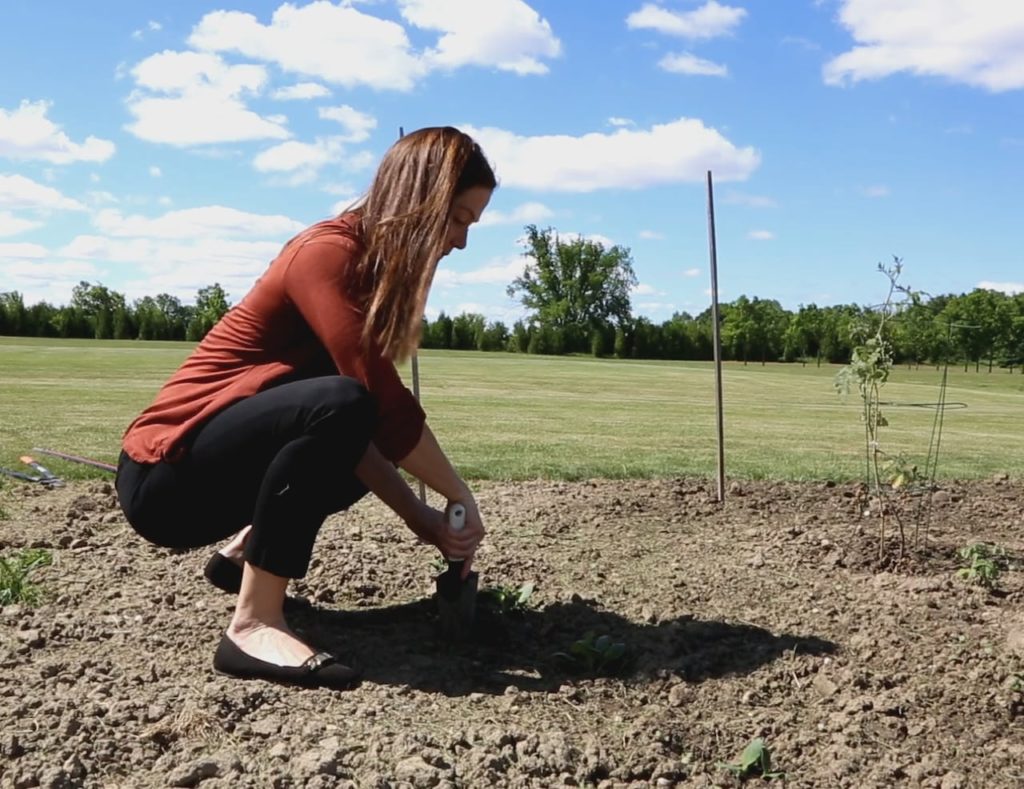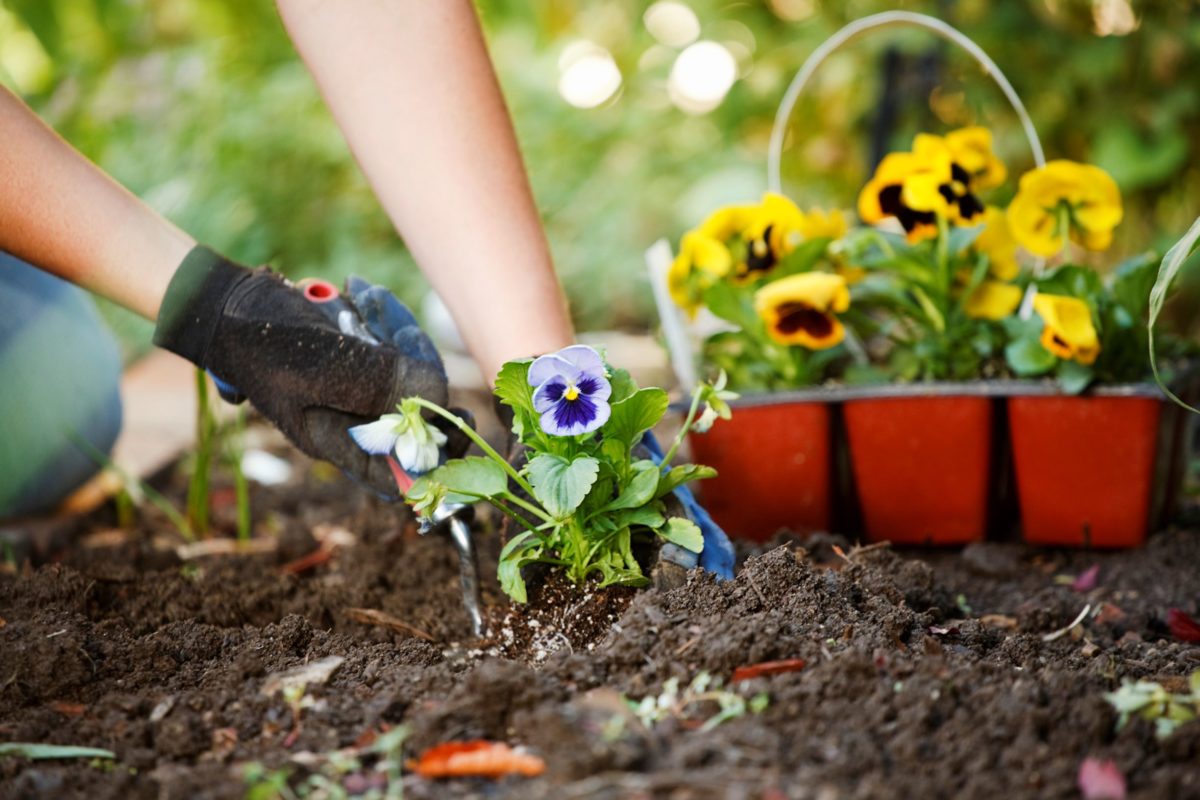There are two types of people in this world: those that look forward to spring and summer yard upkeep and those who dread it like the plague. It probably goes without saying why it’s dreaded by some; the activity itself can be draining and sometimes even leave you in pain. Yard work and gardening shouldn’t be painful, though. Aside from investing into helpful tools such as garden kneeling pads and wireless weedwhackers, here are some other ways to avoid pain during yard work and gardening.
The gardening and yard work actions that are causing pain.
When you’re working in the yard and garden, the aches and pains are exacerbated by the bending, crouching, grasping, and repetitive one-handed tasks. The problem with these actions is that you begin doing them incorrectly because the incorrect way feels “easier” – at least, it does in the beginning. Some examples of incorrect ways of movement are:
- Exclusively twisting to the left if you’re right-handed (and vice versa)
- Raking or digging with only the dominant hand
- The ever-popular action of lifting heavy weight with the back instead of the legs
Ways to prevent gardening and yard work pain.
The trick to completing a weekend’s worth of outdoor upkeep and only feeling the satisfying dull ache of a hard day’s work without the pain is to learn the proper way to use your body and to know your limits. Our very own Dr. Avery Arora, a hand surgeon in the Detroit, Michigan area, says, “Your body will feel so much better when you fix the way you’re working. We encourage you to train the mind to do it correctly, and then you’ll find the body will follow suit.”

It’s all about examining the cause of the problem and then stopping it. Some tips that may help reduce future pain include:
- Replace crouching and kneeling with the “armchair” position, pictured above.
- Take breaks regularly. During your break, walk around and stretch your whole body, including your hands.
- Engage all muscles by rotating arm and leg work. If you favor working one side of your body, slowly try completing the work with the other side. The non-dominant side may work a little slower, but that’s okay.
Gardening and yard work is, without a doubt, a workout. If you consider a three-to-four-hour workout pretty extensive, remember to apply that same thought to your outdoor tasks as well. Work your body’s limit just the way you would in a gym, and then start again another day.
Here at Arora Hand Surgery, we care about your health. If you feel as if you’ve suffered a hand, wrist, or elbow injury due to gardening or yard work, visit Dr. Avery Arora at one of his southeast Michigan offices located in West Bloomfield, Warren, Macomb Township, or Howell.















